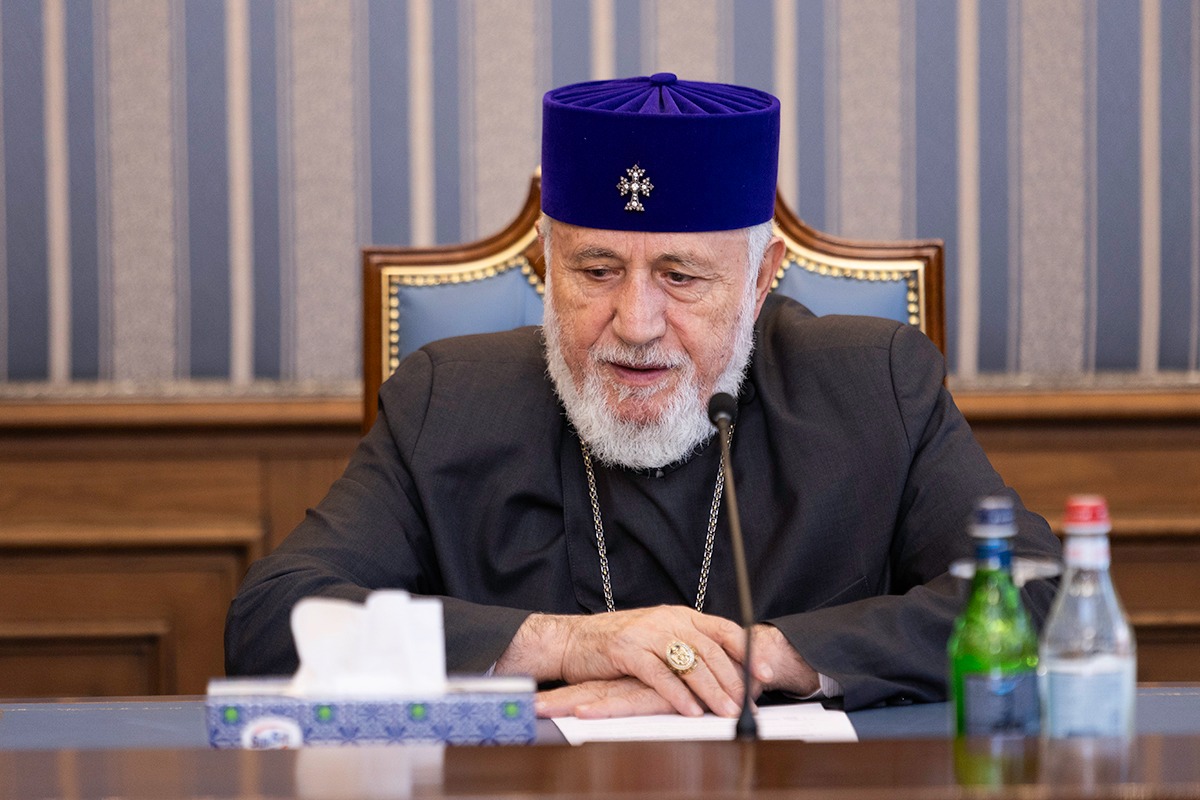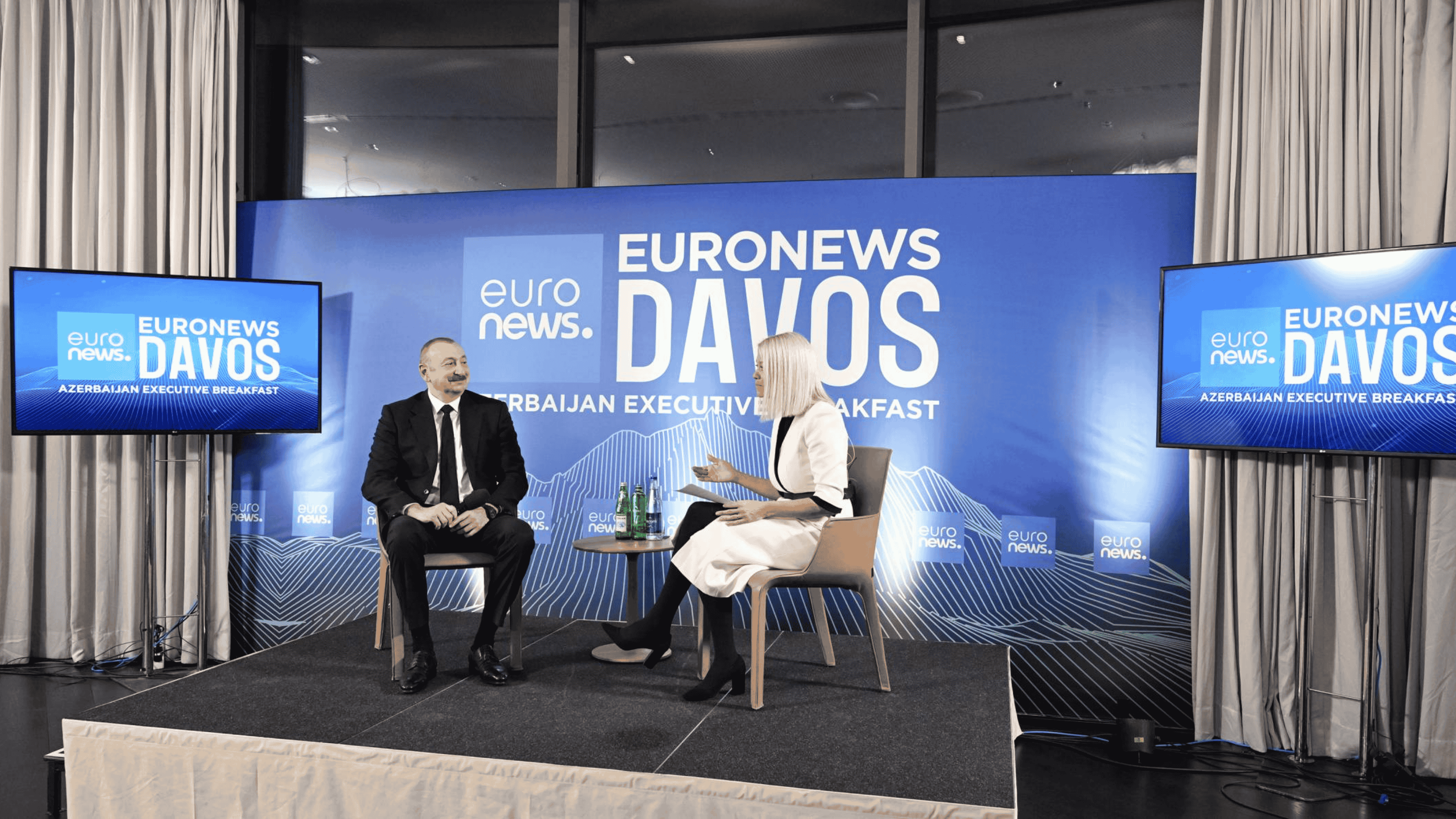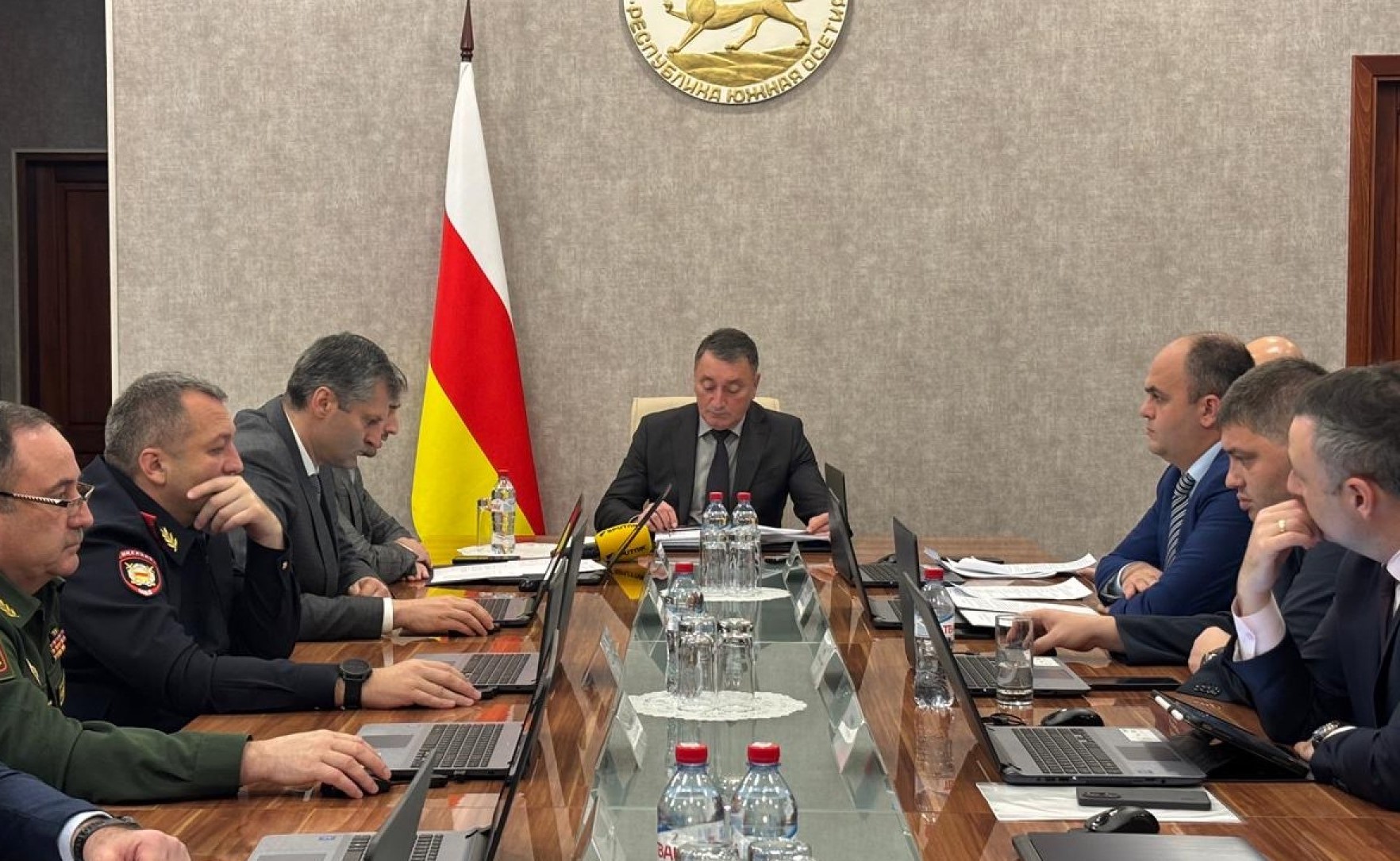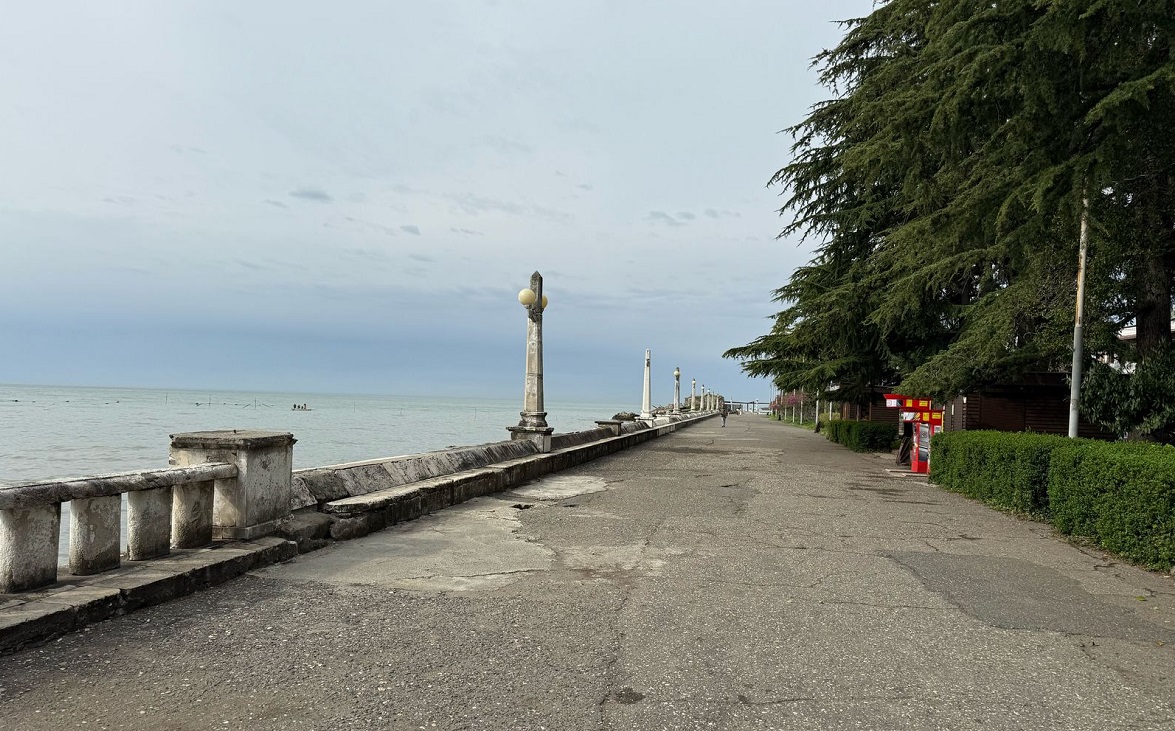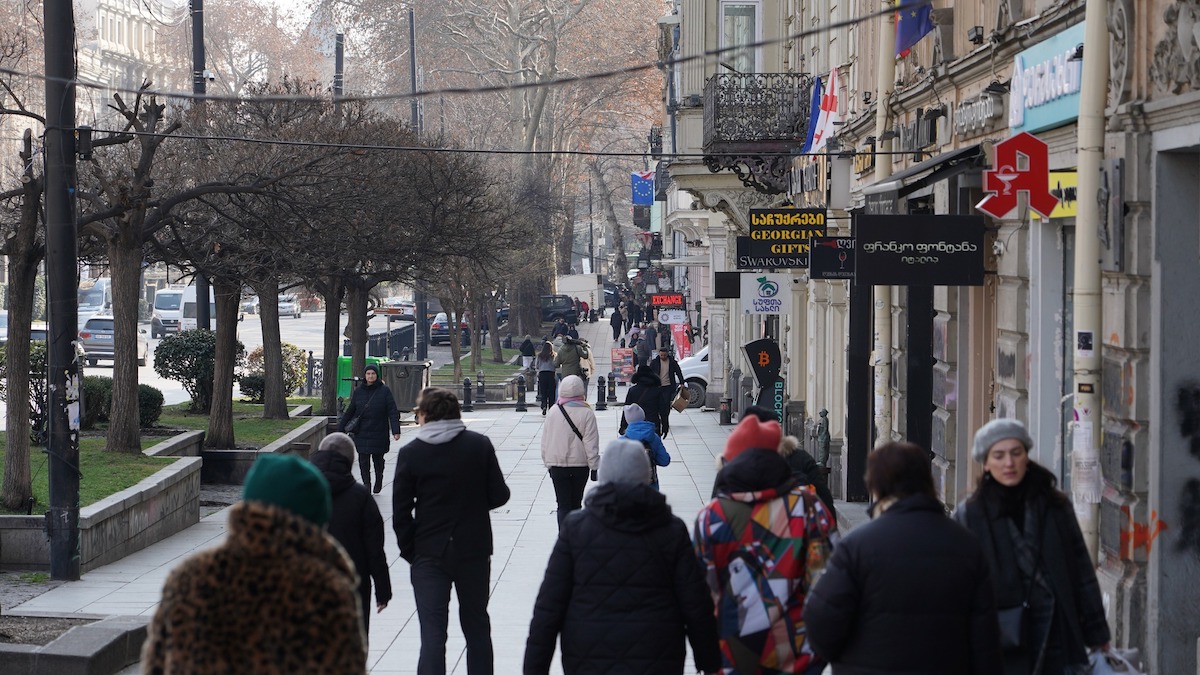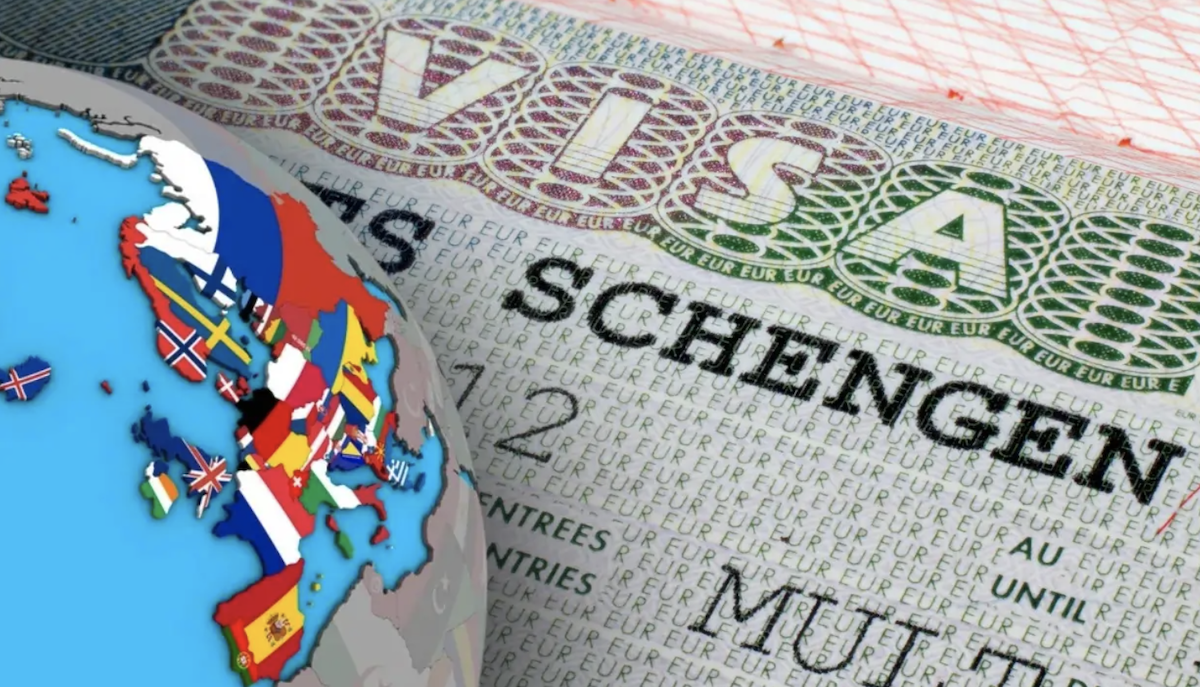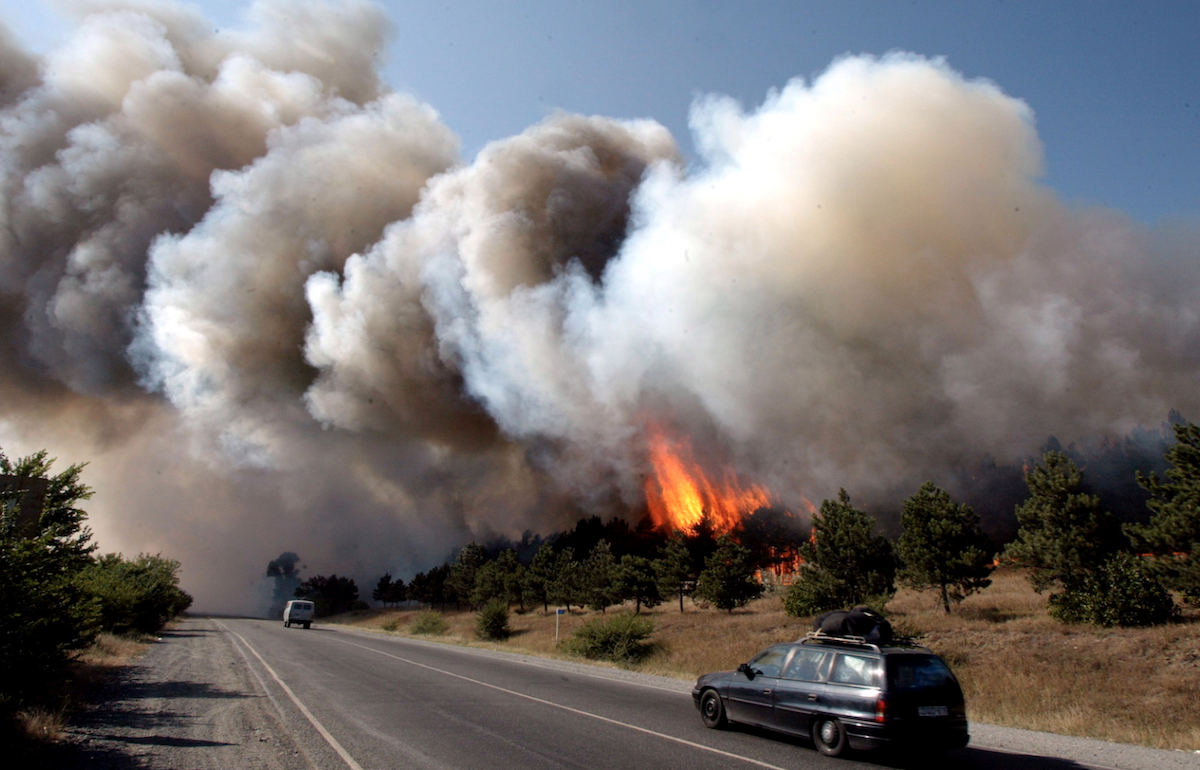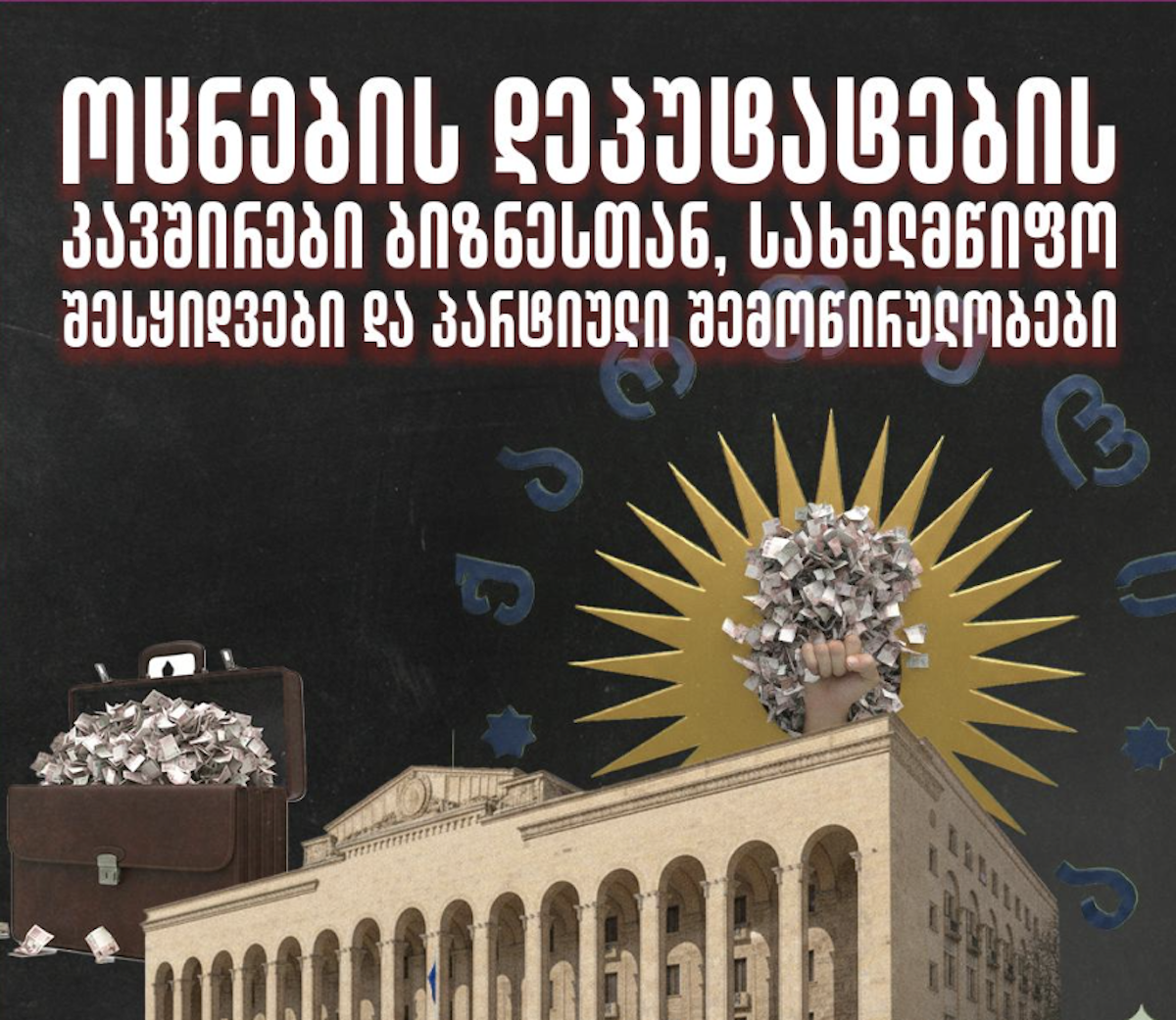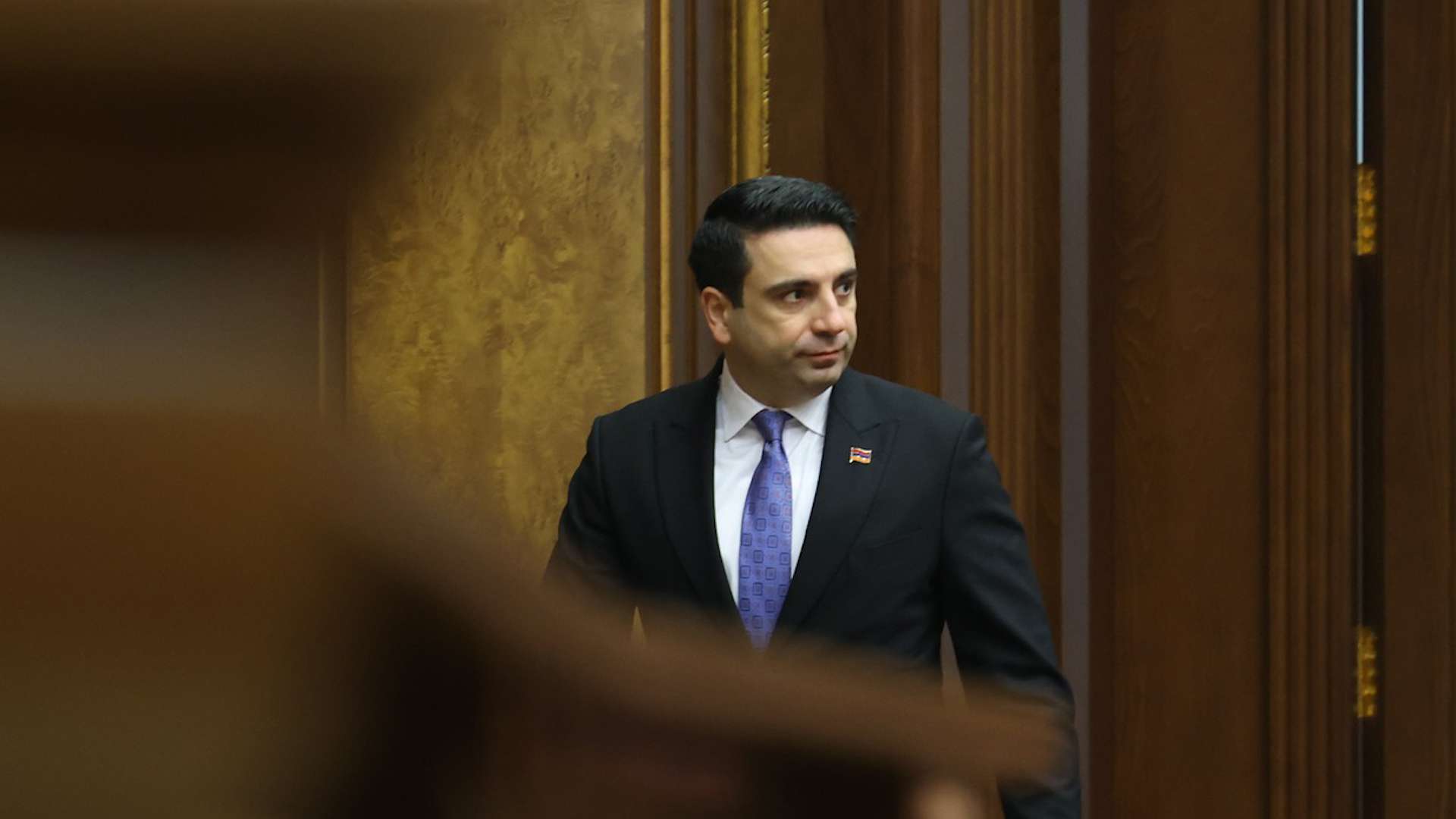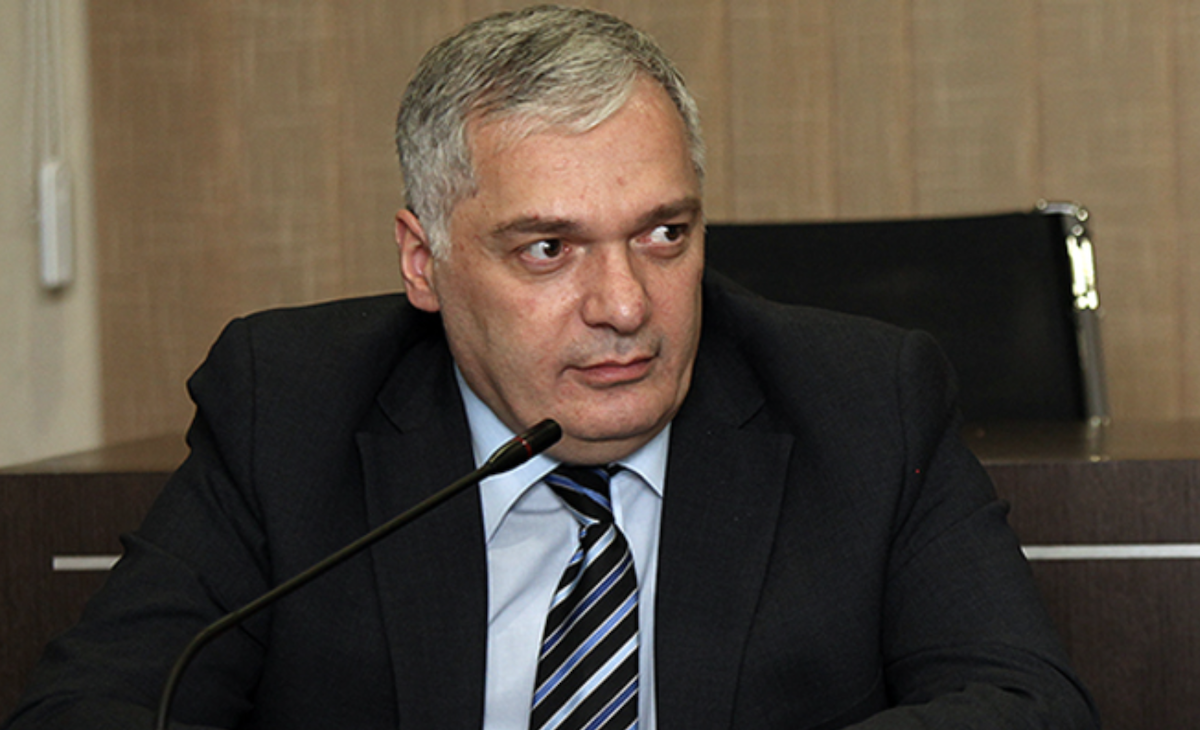Op-ed: Growing protests in Moscow will lead to increased repression – but the public is ready
The Moscow protests reached a new level on August 17.
This time around there were two protests, both connected to the decision not to allow independent candidates to run in the elections for the Moscow City Duma.
But the protests were very different in character.
The authorities allowed the Communist Party of the Russian Federation to hold a rally, but denied the opposition’s request for a similar permit, and that of several Moscow municipal representatives.
This lead people to organize a second massive picket protest in the city center.
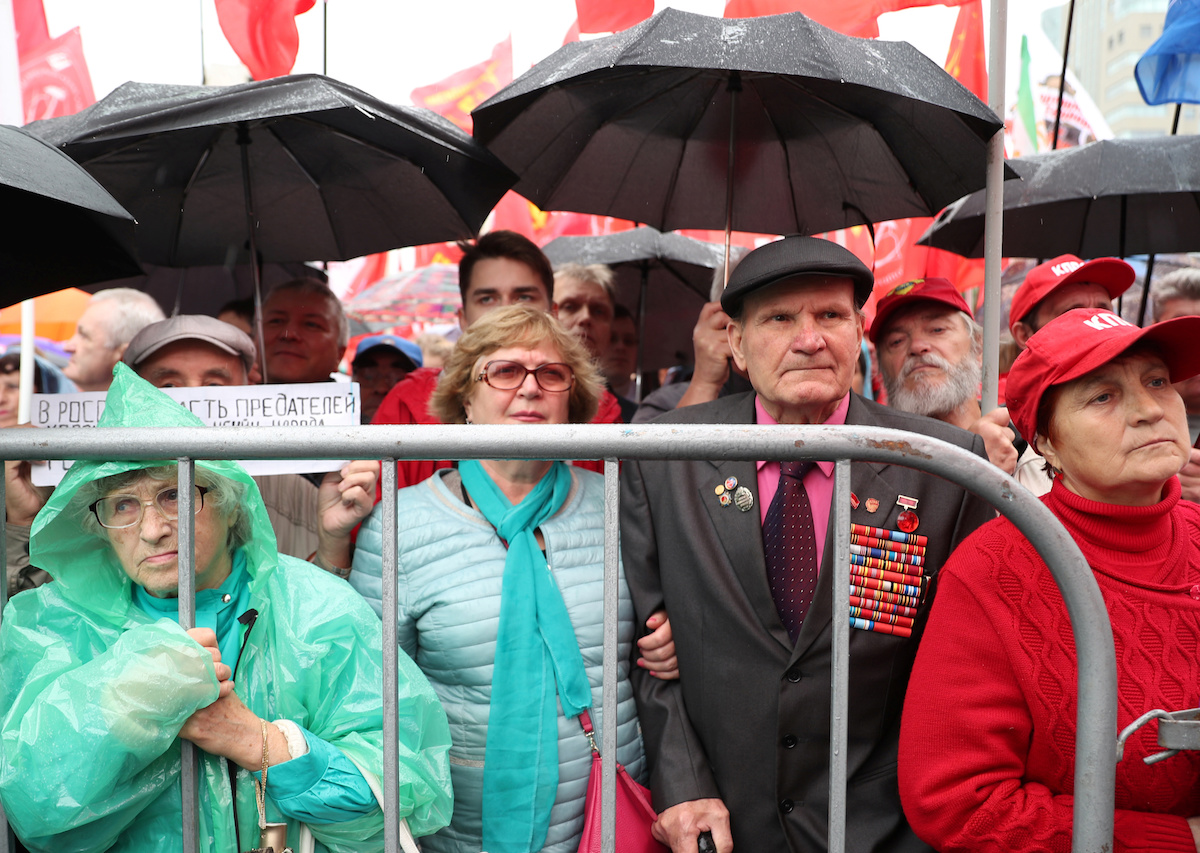
The protests started more than a month ago, with tens of thousands of people participating. The largest protest so far was held on August 10, when more than 60,000 people attended.
Over 2,000 people have been detained as a result of the protests. Many of them were beaten. Criminal proceedings have been launched against 15 people, who face up to eight years in prison on charges of “organizing mass riots.”
The independent Russian organization OVD-info has put together key information about those detained and provided them with legal assistance. The head of the organization, Grigory Okhotin, in conversation with the Republic, discussed whether we are seeing a reprise of 1937 [a year with a particularly high amount of arrests and executions under Stalin in the Soviet Union — JAMnews] and how Russian society is reacting to the surge of repression.
—————————————–
“I think the feeling that it’s like 1937 or North Korea is incorrect. This level of repression has been the norm in Russia for the past several years.
“What has changed is the structure of the protests, the scale of public mobilization and the attention being paid to journalists. That’s why this repression has taken on an entirely new character and meaning.
“Now, people are giving us so much funding and support. In June of 2019 alone we’ve raised 8 million rubles [around $120,000]. That’s a lot for us, and, I think, for any crowdfunded project in Russia — around 8,500 people donated.
“We have a lot of volunteers and lawyers come to us. Right now we have about 100-150 people in Moscow, but the total number of people involved is several hundred. Our volunteers are OVD-Info. Without them, we would have died from exhaustion long ago, and those who are being detained wouldn’t be getting any sort of help.
Now they read about us, like our content, reblog us — this is more than we could have hoped for, even compared to 2017, when we already had a lot of support.
Today, Russia has reached an entirely new level.
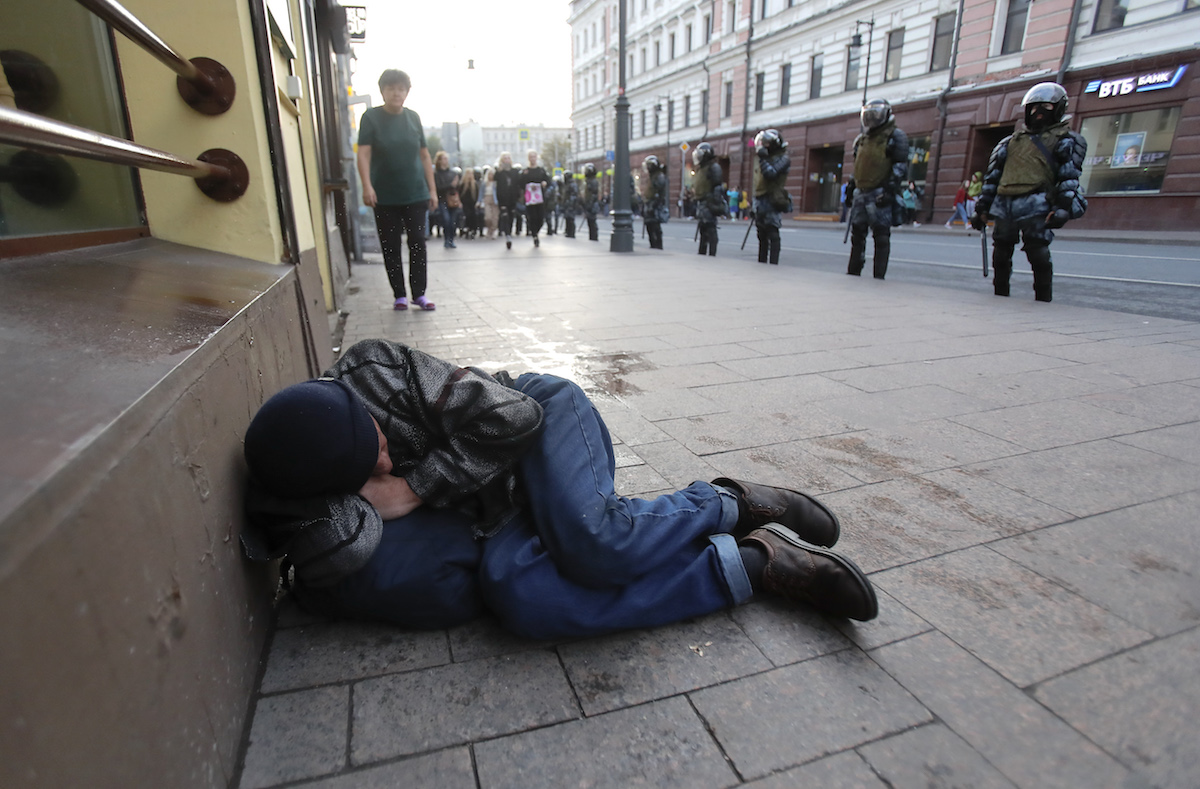
Another big difference, even compared to the recent past, is that citizens and activists no longer care if the protests are permitted or not. This was the case in the protests supporting Golunov [an investigative journalist who was framed by police for narcotics — JAMnews].
The idea that obtaining permission for protests isn’t important has only recently become widespread public opinion. So many more people are willing to attend unsanctioned protests than ever have been before.
In addition to the rise in protests and activism, we see a rise in the rejection of violent methods and repression, meaning a rise in support for those who are being repressed.
• 18-year-old Anna Pavlikova in jail for talking at a McDonalds
Remember the incident where several rap concerts were banned (the artists now support the Moscow protests.) There were people detained then, everyone was forced to lay face down in the clubs. And people responded by organizing a very cool protest — a huge concert opposing repressive policies.
This also represents a societal transition to new interests and demands.
The attitude used to be, “Well, they may beat us, but we can run away.” Now, we’re seeing open demonstrations of people saying, “They shouldn’t beat us, they shouldn’t ban us, they shouldn’t imprison us.” They’re crying out, “Let the opposition leaders in, and let the detainees go!”
What conclusions can be made?
I’ve tried for a long time to find some rational information about how to end repression. My research didn’t turn up much, but what I did find says this: repression will not end without serious democratization. That sounds right to me.”











